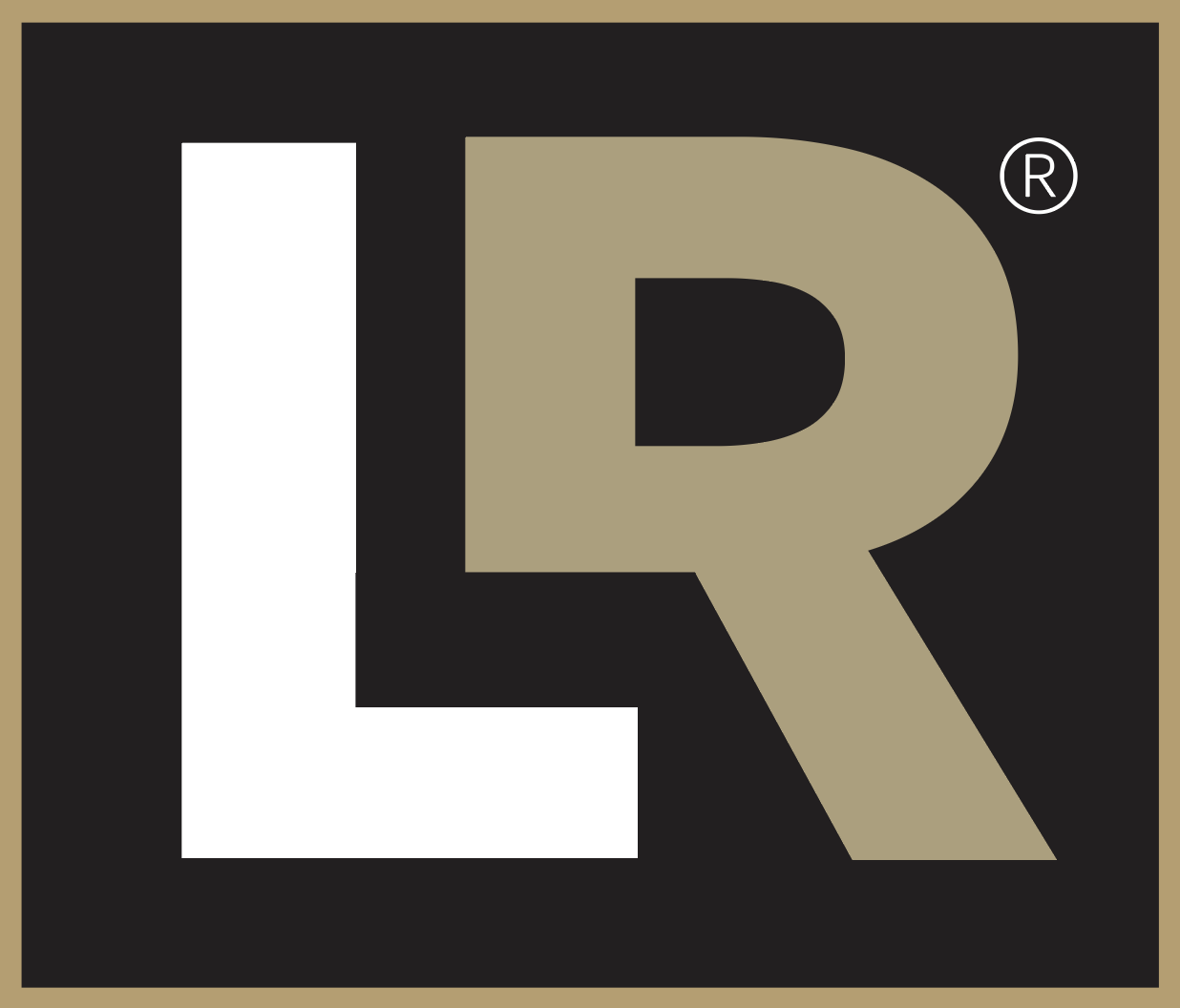Key Differences Between a Personal Injury Case and a Worker’s Compensation Case

Key Differences Between a Personal Injury Case and a Worker’s Compensation Case
The law is a very complex subject, and it’s very easy to mistake one aspect of the law for another. A prime example of this is differentiating between personal injury cases and workers’ compensation cases. While these two aspects of the law serve to protect the rights of the injured, they each have key differences that we need to understand so we can determine the best possible approach to a case. With this in mind, here are the differentiating factors between a personal injury case and a workers’ compensation case.TortA tort or fault is a negligent or intentional failure to act reasonably. It can also refer to the negligent omission of a reasonable act either by carelessness, ignorance, or gross negligence. When these actions (or failure to act) cause an injury to a person, they become a fault. In a personal injury case, the tort element is pivotal to every case. On the other hand, a workers’ compensation case does not impute fault on any party because it assumes that the injuries sustained by the claimant are the result of an accident, and is therefore not anyone’s fault.Function/ApproachIn order to secure compensation in a personal injury lawsuit, you need to be able to determine who is liable following an accident. It is presumed that your injuries are the result of someone else’s negligence. On the other hand, in order to secure compensation in a workers’ compensation case, the claimant must prove that the injuries sustained were work-related.
 Workers on a ladder; image by Sol, via Unsplash.com.
Workers on a ladder; image by Sol, via Unsplash.com.

